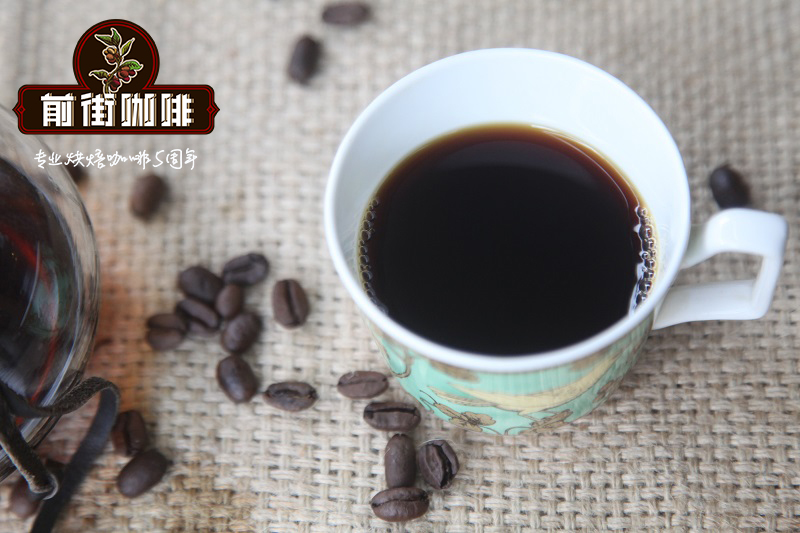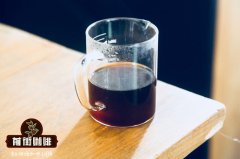Herba Pearl processing Plant Chipita Gold Honey Coffee is good? what is Golden Honey treatment?

Professional coffee knowledge exchange more coffee bean information please follow the coffee workshop (Wechat official account cafe_style)
_
SL-28 is not common in Latin America, which makes this golden honey treatment even more special, and is a comparative opportunity to experience the influence of local soil on the flavor of this coffee strain.
Since the beginning of the 21st century, the Carlos Barrantes family has owned and operated the Herba Zhu microprocessing plant. In order to focus more on producing unique, high-quality coffee, Carlos and his wife Diana decided to run five existing small farms and La Perla Del Cafe microprocessing plants on their own. Producing only 300 bags of small products a year makes him more committed to producing high-quality coffee while properly controlling all the production details.
They even hire exactly the same pickers every year-45 indigenous people from Panama go to the farm every harvest season, Barrantes and keep in touch with these farmers and take care of them for the rest of the year.
The processing plant mainly produces honey-treated and sun-cured coffee; Carlos likes to try different strains and currently grows Gesha,Villa Lobos,Typica,Villa Sarchi and SL-28. Carlos's obsession with detail has been gradually transformed into the fruit of quality in the cup in recent years.
It is worth mentioning the variety of SL-28, of which Carlos is the first producer in Costa Rica. Native to Tanzania and related to bourbon, SL-28 was selected from a tree by Scott Lab in 1935. Because of its drought resistance, SL-28 is considered to be a variety of intensive breeding in 1935-1939. Provided by Scott Laboratories. It is now one of the main varieties grown throughout Africa, and although it is sensitive to major diseases, its cup test quality is very high.
The flavor is rich, but you can experience more of its taffy, hazelnut syrup and lemon flavor later.
END
Important Notice :
前街咖啡 FrontStreet Coffee has moved to new addredd:
FrontStreet Coffee Address: 315,Donghua East Road,GuangZhou
Tel:020 38364473
- Prev

Basic Flavor and characteristics of Water washing Ye Jia Xue Fei Waka treatment Plant
Professional coffee knowledge exchange more coffee bean information please pay attention to the coffee workshop (Wechat official account cafe_style) washed Yega snow coffee G1 Vokayega snow coffee regardless of cultural or geographical environment is similar to the neighboring Sidamo, but Yejia snow coffee seems to be more favored to enjoy unique conditions, top quality Yega snow coffee, with floral aroma, bright citrus acid,
- Next

Burundian excellent Cup winner Rotob Cooperative Coffee Flavor characteristics how about Burundian Coffee
Professional coffee knowledge exchange more coffee bean information please follow the coffee workshop (Wechat official account cafe_style) Burundi has held an excellent cup raw bean competition in recent years, which has led to the improvement of local coffee quality. Due to the poor local economic conditions, the price of boutique coffee has gone up, which has attracted many coffee people to come here to expand the territory of looking for beans.
Related
- Detailed explanation of Jadeite planting Land in Panamanian Jadeite Manor introduction to the grading system of Jadeite competitive bidding, Red bid, Green bid and Rose Summer
- Story of Coffee planting in Brenka region of Costa Rica Stonehenge Manor anaerobic heavy honey treatment of flavor mouth
- What's on the barrel of Blue Mountain Coffee beans?
- Can American coffee also pull flowers? How to use hot American style to pull out a good-looking pattern?
- Can you make a cold extract with coffee beans? What is the right proportion for cold-extracted coffee formula?
- Indonesian PWN Gold Mandrine Coffee Origin Features Flavor How to Chong? Mandolin coffee is American.
- A brief introduction to the flavor characteristics of Brazilian yellow bourbon coffee beans
- What is the effect of different water quality on the flavor of cold-extracted coffee? What kind of water is best for brewing coffee?
- Why do you think of Rose Summer whenever you mention Panamanian coffee?
- Introduction to the characteristics of authentic blue mountain coffee bean producing areas? What is the CIB Coffee Authority in Jamaica?

